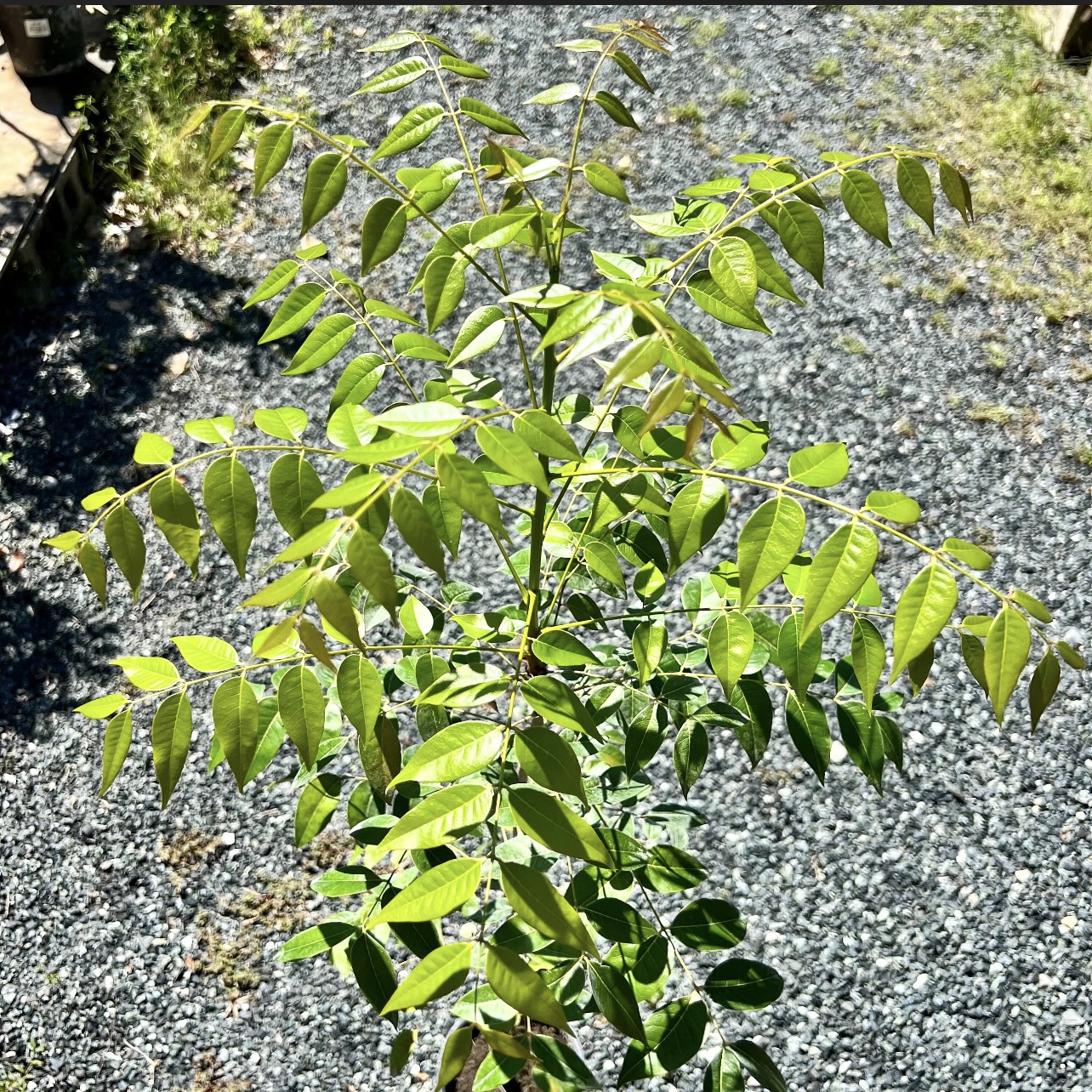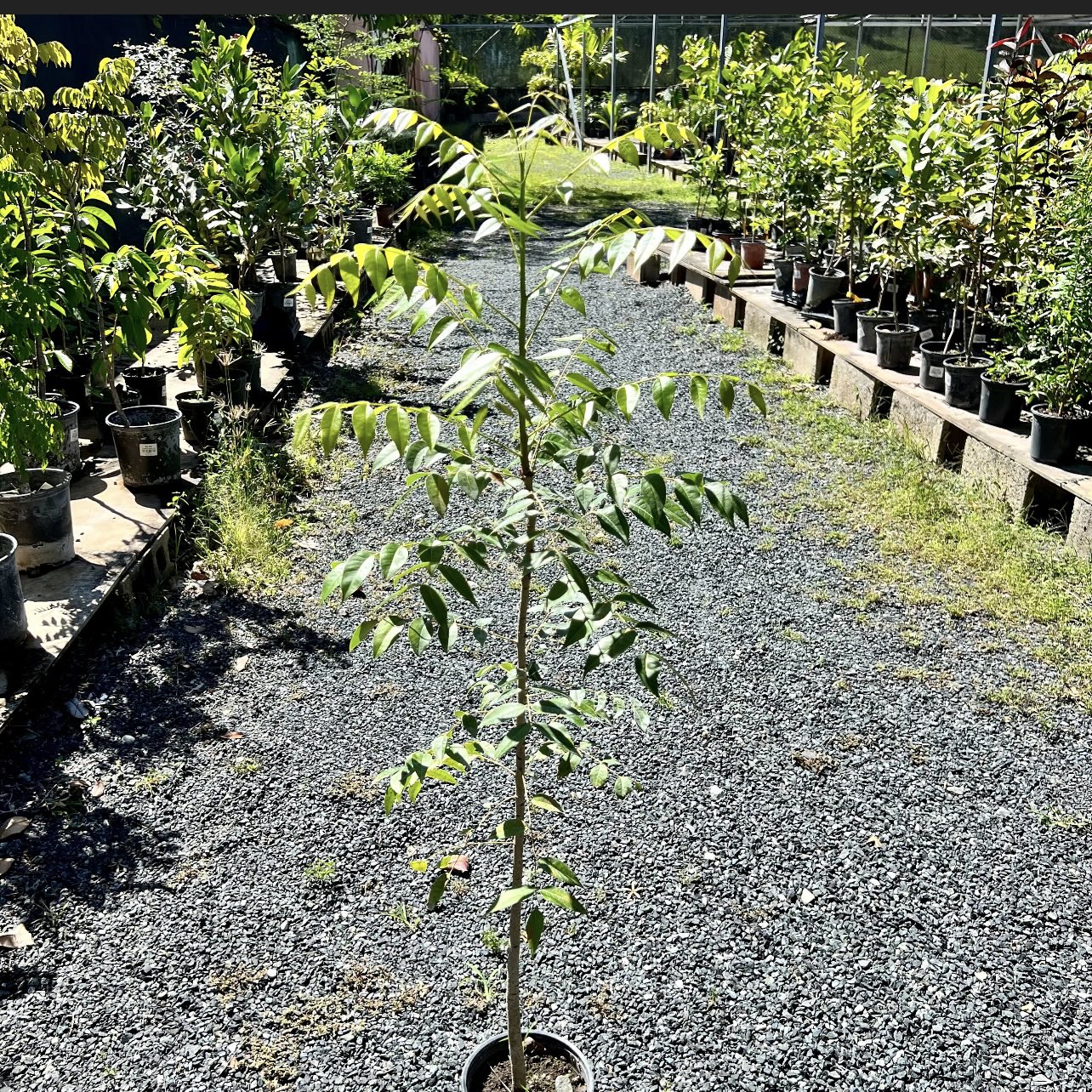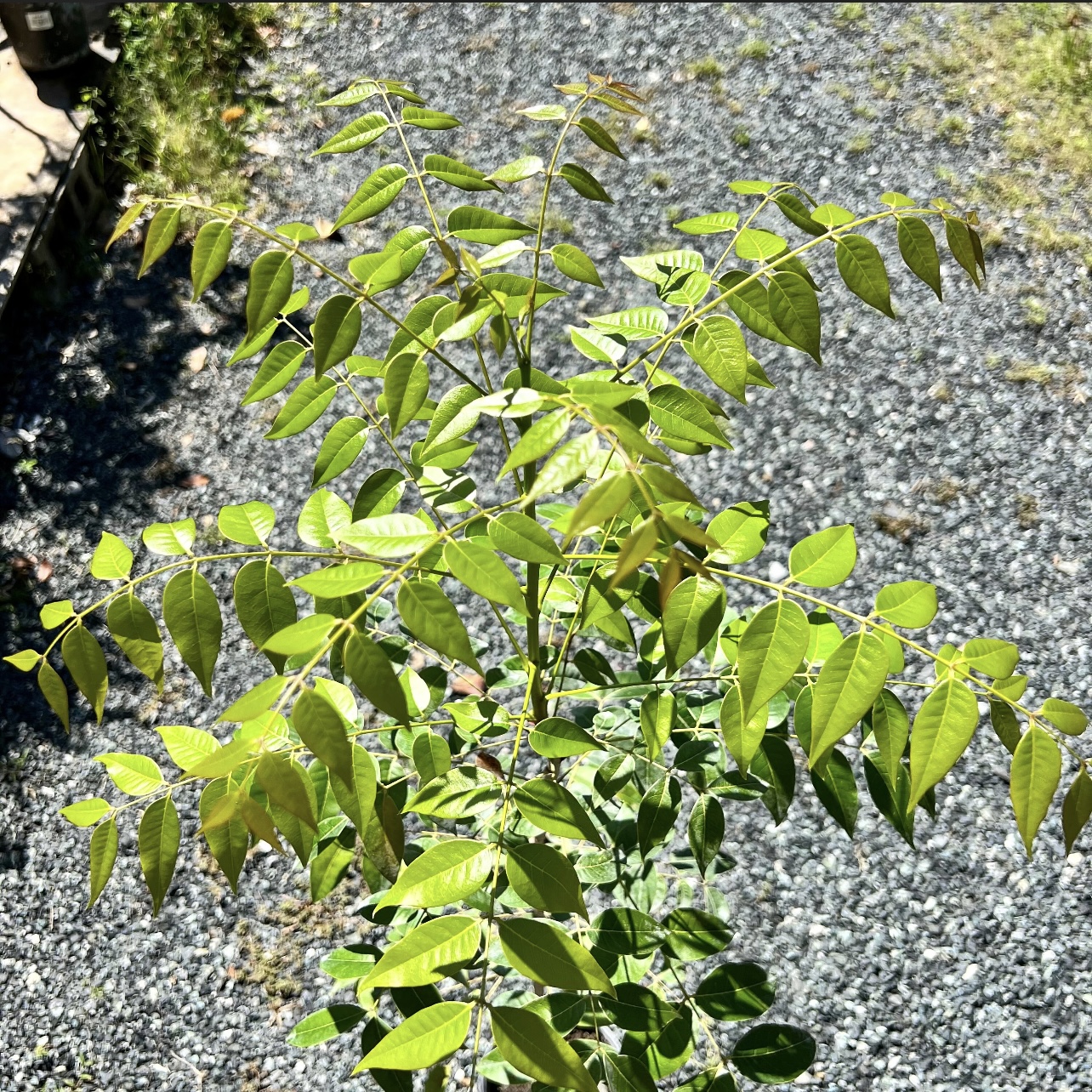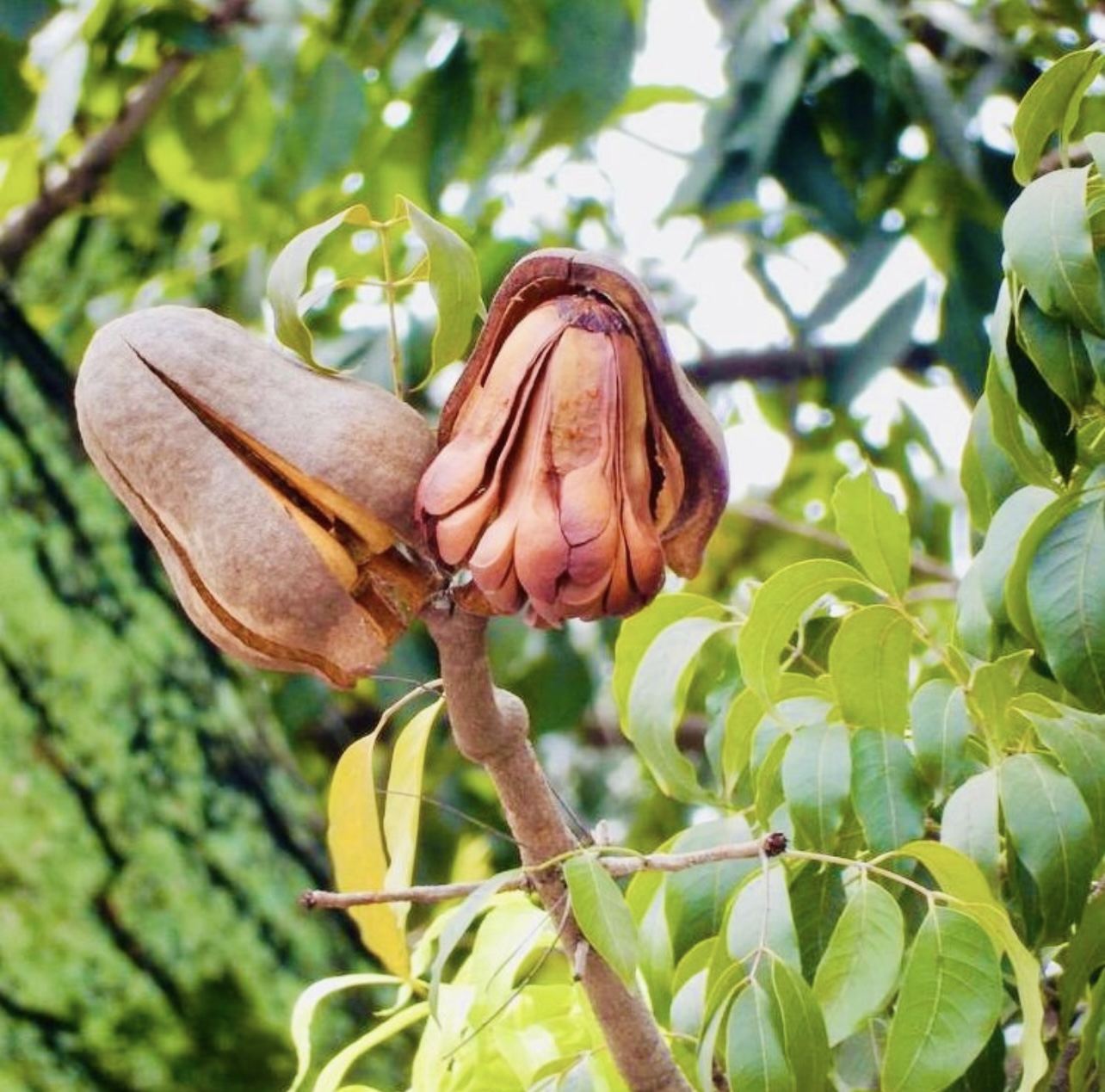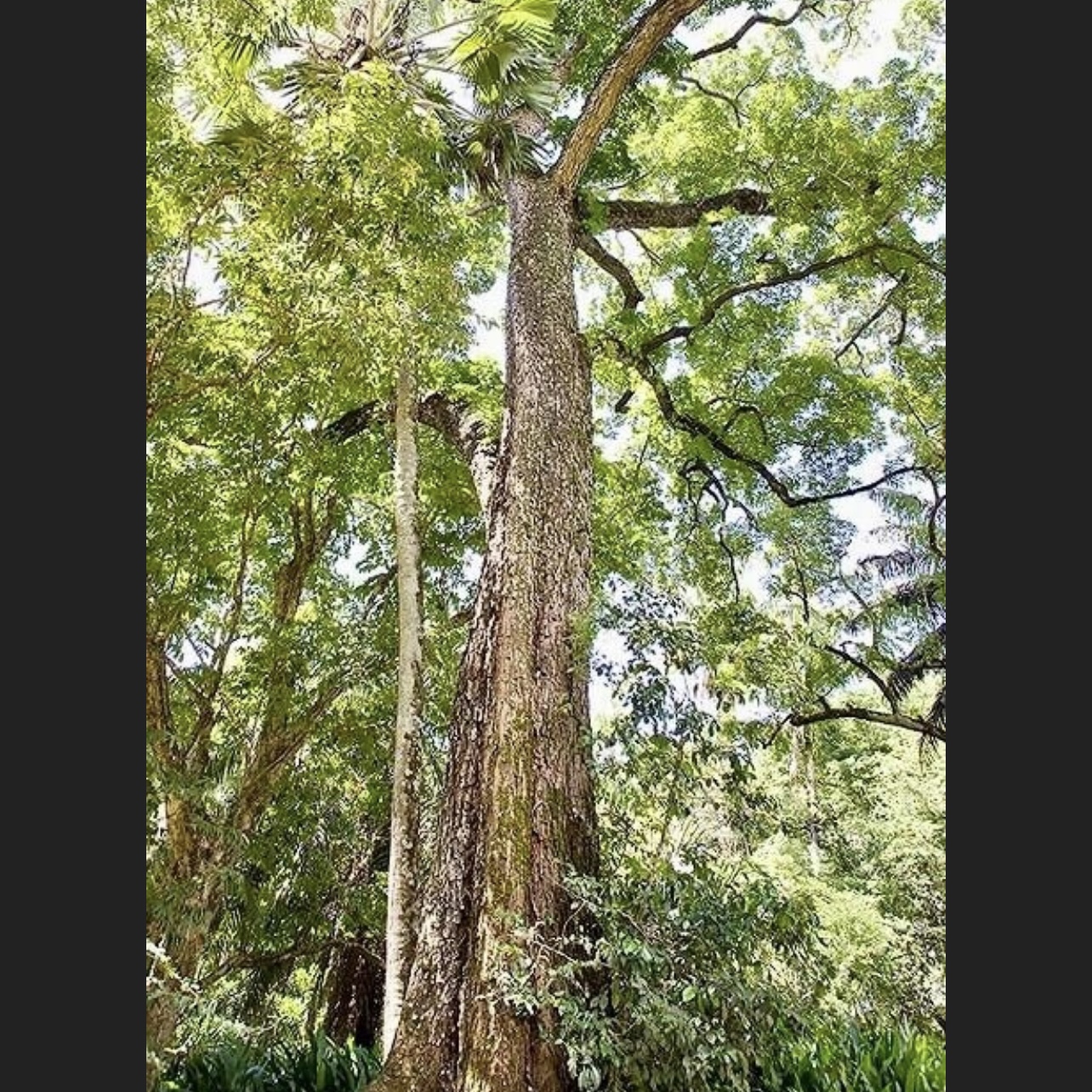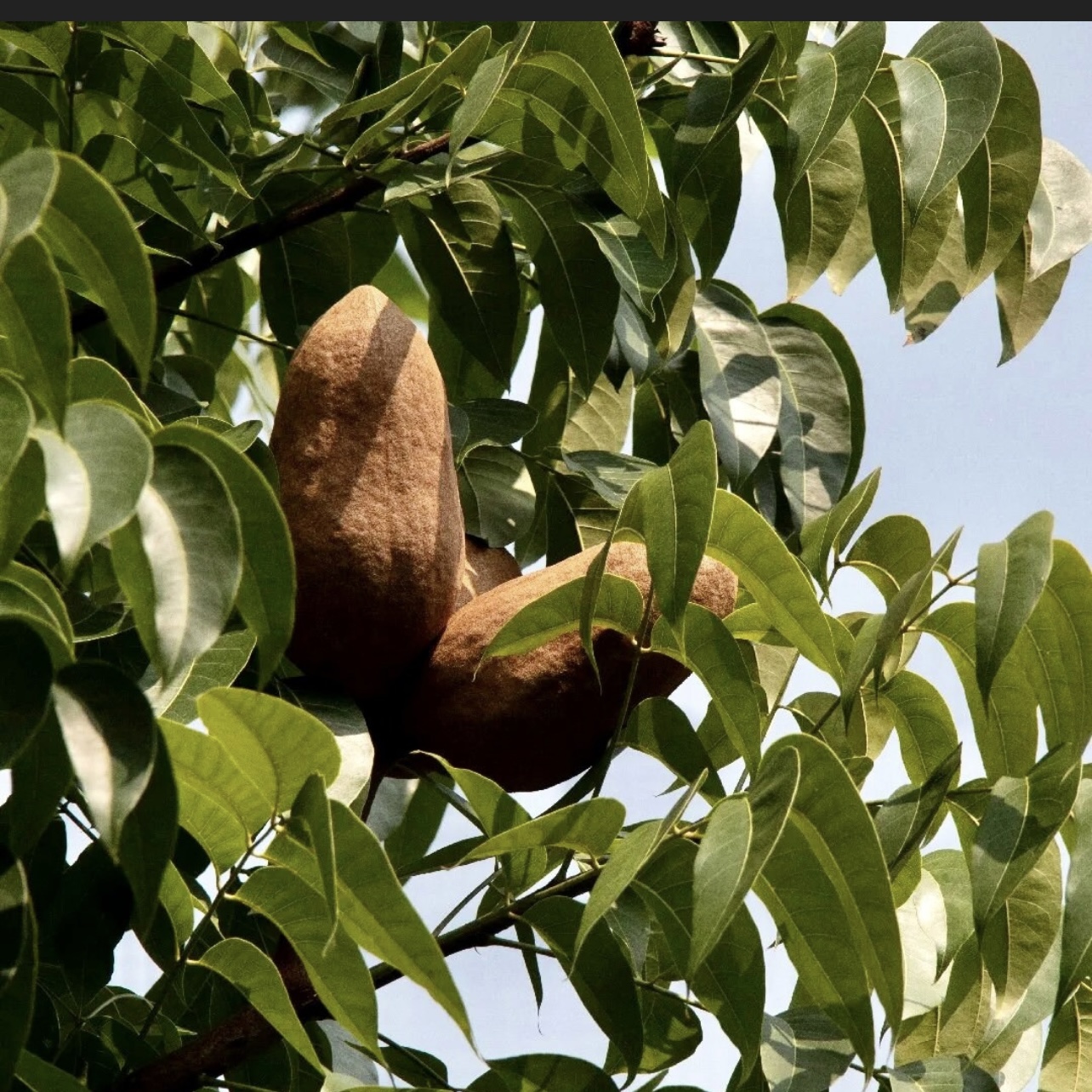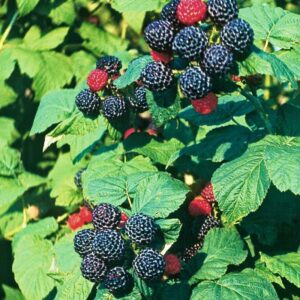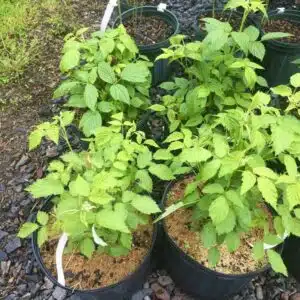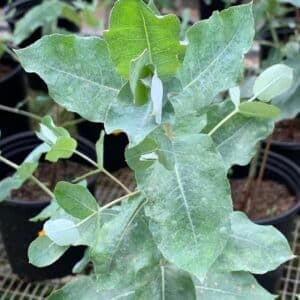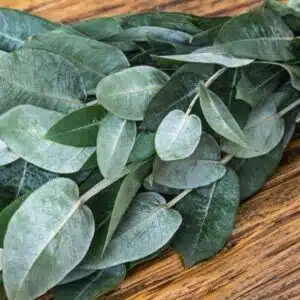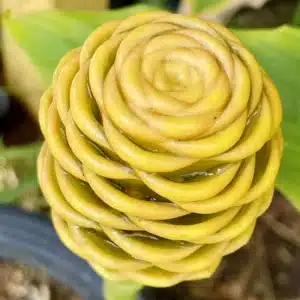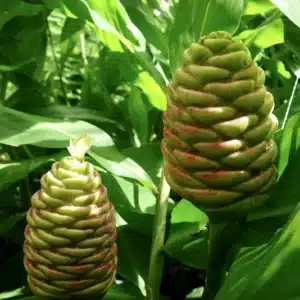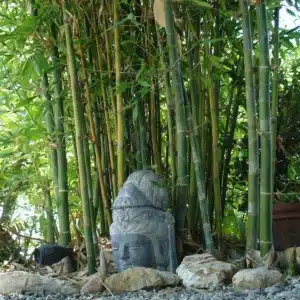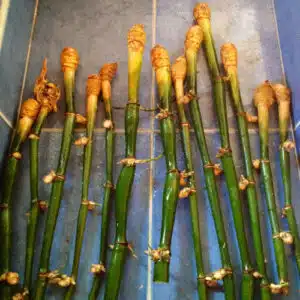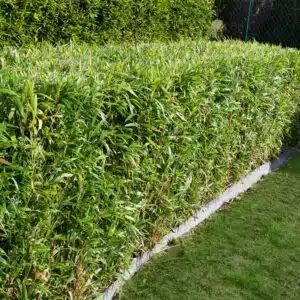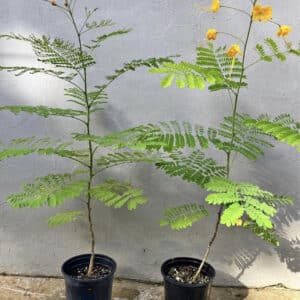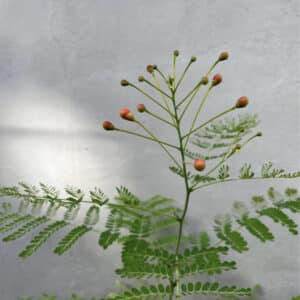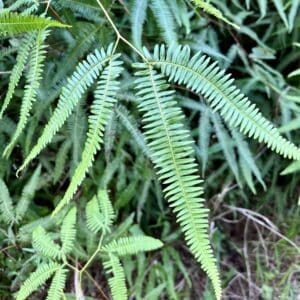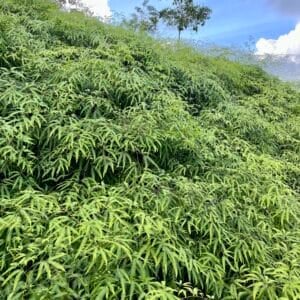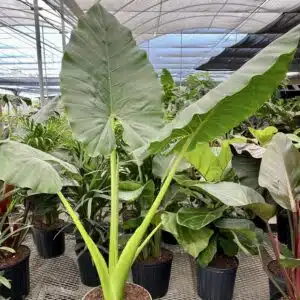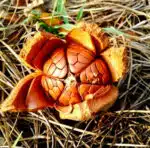
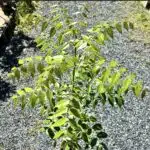
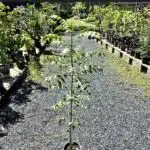
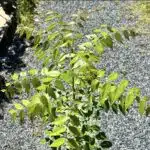
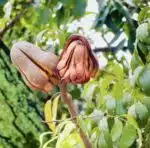
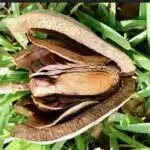
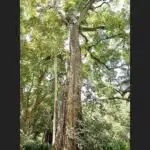

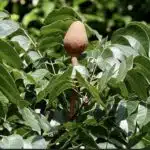
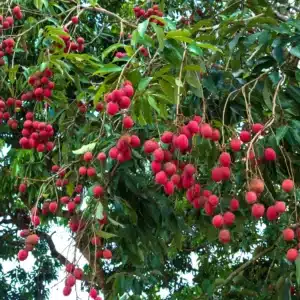
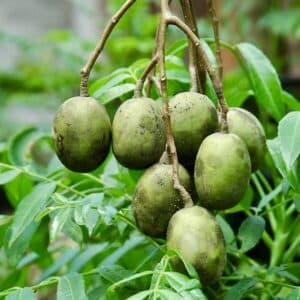
Majestic Mahogany (Swietenia Mahagoni ) tropical live tree 1′ – 2′ feet tall
$125.00 Original price was: $125.00.$79.99Current price is: $79.99.
Majestic Mahogany Swietenia mahagoni is a culturally significant and economically valuable tree species prized for its exquisite wood and ornamental qualities. As a symbol of beauty, craftsmanship, and natural heritage, mahogany holds a special place in the hearts and minds of people around the world. Conservation efforts and sustainable management practices are essential for ensuring the continued existence and responsible use of this iconic tree species.
When you purchase a fruit tree from us, rest assured that we prioritize swift and efficient delivery. Following the receipt of your payment, we dispatch your tree the very next day through USPS, ensuring a quick transition from our care to yours. Our fruit trees are not only certified by the USDA, guaranteeing their quality and adherence to stringent agricultural standards, but they also come with a 30-day guarantee. Should you encounter any issues within this period, please don’t hesitate to contact us at the number provided above. For a faster resolution, we recommend sending pictures or explaining the situation with your order number. This allows us to understand the issue fully and take the necessary steps to make things right for you.
Majestic Mahogany Swietenia mahagoni, commonly known as West Indian mahogany or simply mahogany, is a majestic tropical tree renowned for its valuable timber and ornamental qualities. Belonging to the Meliaceae family, Swietenia mahagoni is native to the Caribbean region, particularly Cuba, Hispaniola, and the Bahamas. It is prized for its rich, reddish-brown wood, which has been highly sought after for centuries in the crafting of fine furniture, musical instruments, and boat building.
Description:
Swietenia mahagoni typically grows to a height of 50 to 60 feet, although it can occasionally reach heights of up to 80 feet in optimal conditions. The tree has a straight trunk with a diameter of 2 to 3 feet and a broad, rounded crown of dark green, pinnate leaves. The foliage consists of multiple leaflets arranged alternately along the branches, providing a lush canopy that offers shade and shelter. In late spring to early summer, the tree produces small, fragrant, pale pink flowers that give way to woody capsules containing winged seeds.
Wood:
The heartwood of Swietenia mahagoni is highly prized for its durability, workability, and rich coloration, ranging from reddish-brown to deep burgundy. Mahogany wood is renowned for its exceptional stability and resistance to decay, making it ideal for high-quality furniture, cabinetry, paneling, and decorative veneers. It is also favored by luthiers for crafting musical instruments such as guitars and pianos due to its excellent acoustic properties and aesthetic appeal.
Conservation:
Due to overexploitation and habitat loss, Swietenia mahagoni has become increasingly rare in its natural range. The species is listed as endangered by the International Union for Conservation of Nature (IUCN), and efforts are underway to conserve remaining populations and promote sustainable harvesting practices. Sustainable forestry initiatives, reforestation projects, and protected areas are essential for safeguarding the future of this iconic tree species.
Ornamental Value:
In addition to its commercial importance, Swietenia mahagoni is valued for its ornamental qualities and cultural significance. The tree’s handsome form, attractive foliage, and fragrant flowers make it a desirable choice for parks, estates, and botanical gardens in tropical and subtropical regions. Its association with luxury and craftsmanship has earned it a place in horticultural history and landscape design.
Propagation and Cultivation:
Swietenia mahagoni can be propagated from seeds or cuttings, although seeds are the most common method. Plant seeds in well-draining soil and provide warm, humid conditions for germination. Once established, mahogany trees prefer full sun and regular watering, especially during dry periods. They are adaptable to a range of soil types, including sandy, loamy, or clay soils, as long as they are well-drained. Pruning may be necessary to remove dead or diseased branches and promote healthy growth.
| Weight | 15 oz |
|---|---|
| Dimensions | 22 × 4 × 4 in |
| Planting Bag + Soil |
Planting bag + Soil ,I have soil and container |


